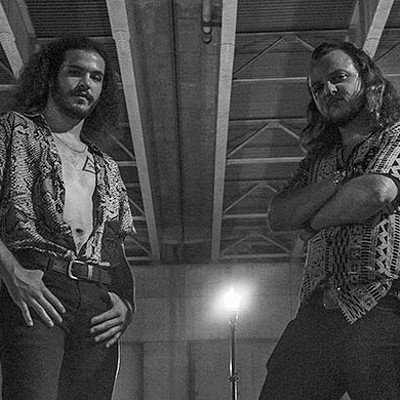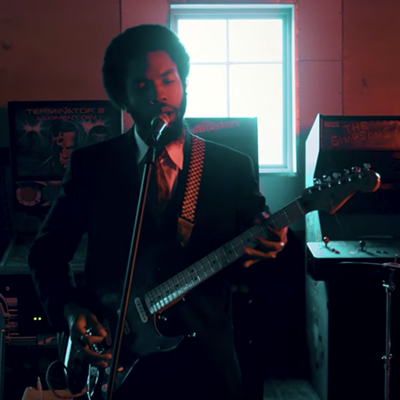The endless stream of archival African recordings Utrecht-based imprint SWP has recently seen fit to release gives further proof that, at the dawn of the 21st century, we are indeed able to own recordings of just about everything. Yet, The Legendary George Sibanda -- only the 18th in what promises to be a nearly endless series of musical documentation of the late, prolific field-recording pioneer Hugh Tracey -- is long overdue.
Sibanda was not only an acoustic guitar virtuoso with an affinity for nursery rhyme-like cadences; he was also sub-Saharan Africa's first major star. Tunes such as the instantly singable "Guabi Guabi" spat out of radios from South Africa to Zambia and put a nice chunk of change in Sibanda's pockets. Later it became cover fodder for Ramblin' Jack Elliot, Arlo Guthrie and Taj Mahal. His songs also became classics in Kenya and people there sang along, even if they didn't speak his language. And while Sibanda's picking is full of staccato pricks and jabs, there's a happy effortlessness here that brings Mississippi John Hurt to mind. It's this musical ease that no doubt made him so coverable in the past and so seemingly familiar now. Unfortunately, other than the fact the he drank himself to death by the end of the '50s, not much is known about Sibanda -- there doesn't even seem to be a photo. In fact, this isn't even his complete works, as tapes were lost and mangled, forcing label owner Michael Baird to track down 78-rpm records. Fittingly then, the collection ends with a false start and a cue from the engineer, suggesting there could've been much, much more.
Zambia Roadside, recorded by Baird in his native country circa 1996-2002, highlights the ever-evolving music of the Southern province's rural youth. All but gone are the more traditional musical bow or thumb piano; in their places are homemade guitars, makeshift trap sets and the ubiquitous pop-bottle percussion. Yet the smooth, low harmonies, odd timing, insistence on the "key of happiness" and certain tunes' vague relationship to American big-band jump clearly hints at the area in which a featured local band such as Green Mamba resides.
Elsewhere, things do become more traditional, with pieces for female choir and assorted court musicians. However, while this disc shows various musicians under the sway of more current musical trends from Europe or the states, anyone from either continent listening to this would assume it to be some of the more primitive folk music the world currently has to offer. No doubt the people of Zambia have thicker, longer roots from which to draw, but Zambia Roadside shows they also have their own version of the present, every bit as relevant and current as ours.
















